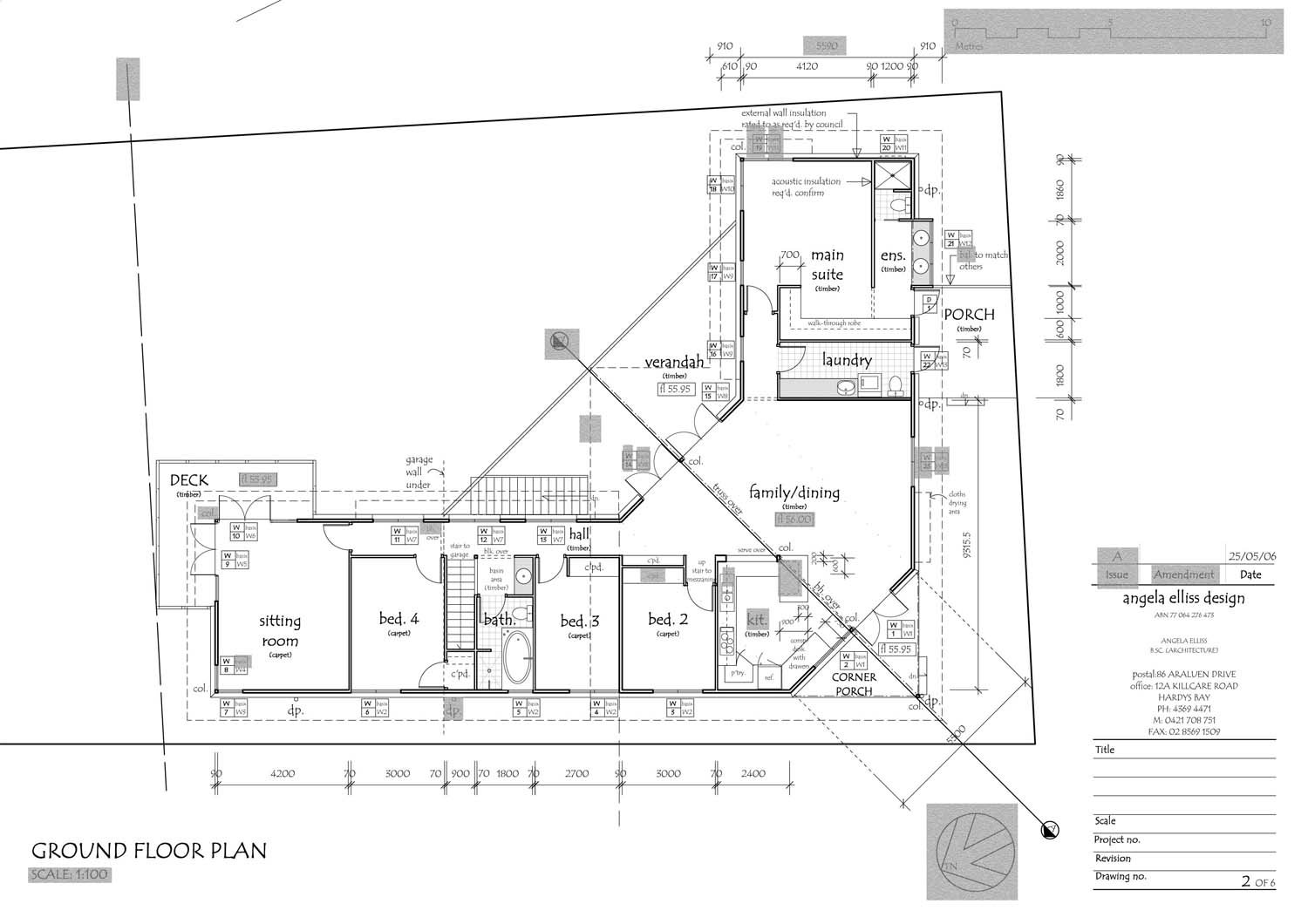As a homeowner, dealing with plumbing issues can be a major inconvenience and expense. From clogged drains to leaky pipes, these problems require the expertise of a professional plumber to fix.
However, hiring a plumber can come with its own set of worries, mainly, how much should you expect to pay for their services? In today’s world where everything comes at a cost, it is important to understand the factors that determine the hourly rate of plumbers and what you should consider when hiring one.
I will delve into the average cost per hour for plumbing services and explore different factors that affect pricing to help homeowners make informed decisions when facing plumbing dilemmas. So if you are curious about how much you should be paying for a plumber’s time and expertise, keep reading!
How Much Does A Plumber Cost?
The cost of hiring a plumber can vary widely depending on several factors, but on average, homeowners can expect to pay between $150 to $450 for typical plumbing repairs. The exact cost depends on the complexity of the job, with simpler tasks like fixing a leaky faucet or unclogging a drain costing on the lower end, while more complex issues such as water heater repairs or sewer line replacements can be much more expensive, ranging from $500 to several thousand dollars.
Plumbers generally charge either an hourly rate, which can range from $50 to $200 per hour depending on their experience and location, or a flat fee for specific services. Additional costs may arise if emergency services are needed if specialized materials or parts are required, or if the job site is difficult to access. By leveraging plumbing estimating services, you can get a more accurate idea of what to expect and ensure that your project remains within budget. Factors such as geographic location, the plumber’s experience, and the time of the year can also influence the overall cost.
Common Plumbing Repair Costs
Plumbing repair costs can vary significantly depending on the type of repair, the complexity of the issue, and the location. Here’s a breakdown of some common plumbing repair costs:
Leaky Faucet
Cost: $75 – $200
Repairing a leaky faucet is typically a simple task that can be done by replacing worn-out washers, seals, or other components. This maintenance procedure often involves identifying the source of the leak, disassembling the faucet, inspecting the internal parts, and then replacing the faulty components with new ones.
Clogged Drain
Cost: $100 – $250
The cost of addressing a clog can vary based on factors such as the severity of the blockage and the specific location where it occurs, like the kitchen sink, bathroom sink, or bathtub. Understanding these details can help in estimating the expenses accurately.
Running Toilet
Cost: $100 – $200
A running toilet, a common household issue, is frequently triggered by a faulty flapper, fill valve or flush valve. These components, crucial for proper toilet function, can wear out over time due to constant use. Fortunately, replacing these parts is a relatively simple and cost-effective solution that can restore your toilet’s smooth operation.
Water Heater Repair
Cost: $150 – $700
The cost of repairs varies depending on the type of repair needed. For instance, common issues that may arise include malfunctioning thermostats, faulty heating elements, or issues with pilot lights. Each of these components plays a crucial role in the proper functioning of heating systems, so it’s important to address any problems promptly to ensure optimal performance.
Burst Pipe
Cost: $500 – $1,500+
Repairing a burst pipe can be a costly endeavor, particularly when it involves the need to cut into walls or ceilings to reach the affected area. This process not only incurs expenses for the repair itself but also potential costs for restoring the walls or ceilings post-repair.
Sewer Line Repair
Cost: $1,000 – $4,000+
Sewer line repairs stand out as one of the costliest plumbing solutions. The intricacies involved often require excavation and the replacement of pipes, making it a significant investment for homeowners looking to address such issues effectively.
Low Water Pressure
Cost: $150 – $450
Low water pressure in a household can be a frustrating issue that affects daily tasks such as showering, washing dishes, and doing laundry. It may stem from various factors, including clogged pipes obstructed by mineral deposits or sediment buildup, as well as faulty pressure regulators that fail to maintain consistent water flow throughout the plumbing system.
Water Line Repair
Cost: $300 – $1,200
Water line repairs can differ significantly based on factors such as the specific location of the line within the property, the depth at which it is buried, the type of soil it runs through, and the severity of the damage sustained. These variables play a crucial role in determining the complexity and cost of the repair process.
Sump Pump Repair
Cost: $200 – $600
When it comes to sump pump repairs, the process often includes addressing issues with key components such as the float switch, motor, or check valve. These repairs are crucial to ensure the efficient functioning of the sump pump and prevent potential flooding issues in basements or low-lying areas. By regularly
These costs can serve as a general guide, but actual prices may vary based on individual circumstances.
Factors That Affect Plumber Costs
Several factors influence the cost of hiring a plumber. Here’s a detailed look at what can affect your final bill:
Type of Repair or Service
Complexity:
The nature and difficulty of the plumbing task are key determinants of cost. Simple repairs, such as fixing a leaky faucet or unclogging a drain, generally cost less. More complex jobs, such as replacing a sewer line or installing a new water heater, require more time and expertise, thus increasing the cost.
Specialization:
Some plumbing tasks demand specialized skills or certifications, such as working on gas lines or advanced water filtration systems. These specialized services often come at a premium due to the additional training and expertise required.
Labor Rates
Hourly Rates:
Plumbers typically charge by the hour, with rates varying from $50 to $200 or more per hour depending on factors like location, experience, and job complexity. In high-cost areas or for highly experienced plumbers, rates may be higher.
Flat Fees:
For certain tasks, plumbers may offer flat-rate pricing, which can be beneficial for straightforward services like fixture installation or drain cleaning. Flat fees provide transparency and help avoid unexpected costs.
Materials and Parts
Material Costs:
The cost of materials, such as pipes, fittings, and fixtures, directly impacts the overall cost of the job. High-quality or specialty materials, like copper piping or premium fixtures, are more expensive and contribute to higher costs.
Brand and Quality:
Choosing higher-end brands or durable components can increase costs. While these might offer better performance and longevity, they come with a higher upfront price.
Location
Geographic Area:
Plumbing rates vary by region. Urban areas with a higher cost of living typically have higher rates than rural areas. Additionally, travel fees may apply if the job site is far from the plumber’s base.
Accessibility:
Difficult-to-reach areas, such as those behind walls or in cramped spaces, can increase labor time and complexity, leading to higher costs.
Time and Urgency
Emergency Services:
Plumbing emergencies outside regular hours such as late nights, weekends, or holidays usually incur higher rates. Emergency work is often charged at a premium due to the need for immediate attention and potentially extended hours.
Seasonal Demand:
Costs can fluctuate with seasonal demand. For instance, during the winter, when issues like frozen pipes are more common, prices may rise due to increased demand and urgency.
Experience and Reputation
Experience Level:
More experienced plumbers or those with specialized training often charge higher rates. Their expertise can lead to faster, more efficient work and fewer mistakes, which can be cost-effective in the long run.
Company Reputation:
Established companies with strong reputations may charge more due to their proven track record and reliability. While this can provide peace of mind, it’s essential to balance cost with the quality of service.
Permits and Inspections
Permit Fees:
Some plumbing jobs require permits, especially major projects involving significant changes to the plumbing system. The cost of these permits adds to the overall expense.
Inspection Fees:
Post-repair inspections might be necessary to ensure compliance with local codes, adding further costs. Inspection fees vary based on the complexity of the job and local regulations.
Addressing several plumbing problems during a single visit might increase the overall cost, though some plumbers offer discounted rates for handling multiple issues at once.
Conclusion
Determining the cost of a plumber per hour can be a complex and daunting task. However, with the right knowledge and understanding of factors that go into pricing, you can make an informed decision on what is a fair rate for your plumbing needs. It’s important to remember that the cheapest option may not always be the best, as it could lead to subpar work or hidden fees down the line. Instead, prioritize quality and experience when choosing a plumber who will provide reliable and efficient services. Additionally, consider asking for referrals from friends and family or reading reviews online to ensure you are hiring a reputable plumber. By understanding average industry rates and knowing how to negotiate, you can also potentially lower your costs without sacrificing quality work. Remember, investing in proper plumbing maintenance and repair now can save you from costly damages in the future.











